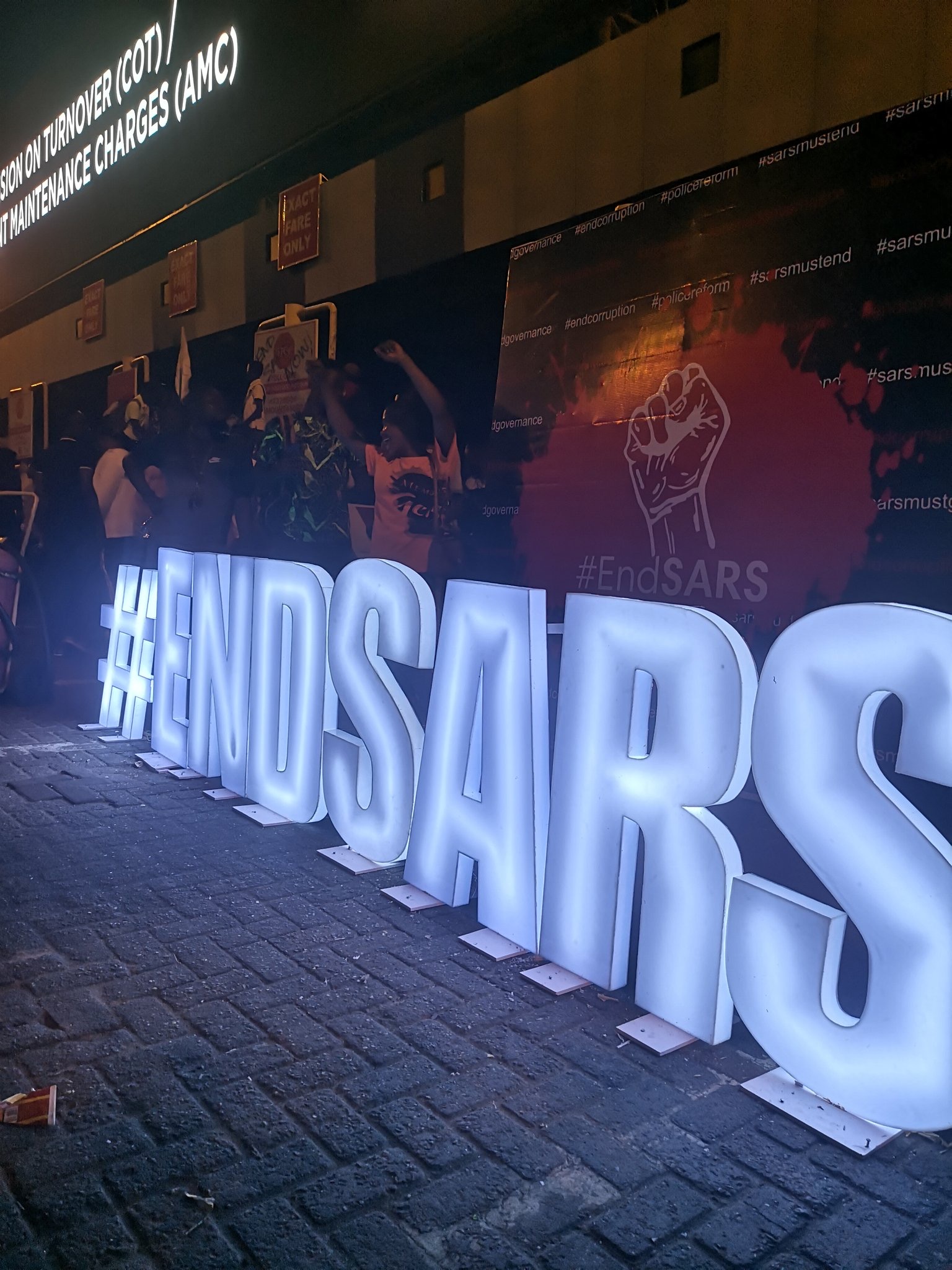
In many countries, police brutality has been a tool of racial/ethnic suppression; the police use force to contain the rights of the minority. However, in Nigeria, and some other African countries, this is not the case. Police brutality is a show of force on the citizens, a sign of a failed government, and it is deeply rooted in the structural and systemic failure of the country.
These protests in Nigeria are a culmination of several systemic dysfunctions. The country is plagued with bad governance, systemic corruption, lack of electricity and water, food scarcity, inflation of oil prices, unemployment, and the abuse of power by the police. It is an indication of a failed state.
A failed state is a government that is incapable of providing its basic functions and responsibilities, such as military defense, law enforcement, justice, education, or economic stability. Common characteristics of failed states include unending civil violence, corruption, crime, poverty, illiteracy, and crumbling infrastructure. Nigeria fits into this definition with no struggle.
In Nigeria, police officers abuse their powers by extorting citizens, especially the youths, unlawfully detaining and killing them. The SARS unit has killed innocent civilians and has not been held accountable in any court of law. The bad governance and structural problems present in the country also give room for police brutality to thrive, and one of the expressions of this is the many atrocities committed by SARS officers.
SARS was set up in 1992 in response to insecurity and crimes in the Nigerian state, but soon, the police division became the problem it was created to solve, maybe worse. SARS has been charged with allegations of extrajudicial killings, kidnapping, extortion, and other human rights violation. Worst of all, the division lacks accountability, as other sectors of government in the country.
How has the government responded?
The Nigerian government finds it easy to respond to peaceful protests and demands for change with a heavy-handed military response. This is often in a bid to promote a façade of peace, but in an actual sense, the instability in the country is merely covered up until an opening arises for a new protest to ensue. In a sane society, structural violence is resolved by fixing unemployment, education, health, transport, making police reforms, and so on. But here, in Nigeria, the government uses force and brutality to shut the mouths of the people.
What is mostly forgotten by political leaders is that when people have been oppressed for a long time and denied their basic rights and needs, there will be an eruption. This is what is going on now.
What can be done at this point?
The government needs to act quickly in providing a response to the #5for5 demands and halt the killing of its citizens. What is asked for is that the right thing be done rather than using brute force. Good governance, job security, food security, electricity, basic amenities, are the desires of the citizens of the country and the responsibilities of the government to the people that elected them to office.
However, with the 12-minute address of the president who completely ignored these events that have plagued the country, the most important question now is “What is the way forward?” It seems like all hope is lost and the fight has been taken over by people on the streets who are unaware of the mission of the protests.
Since the violence in Nigeria is majorly caused by structural issues enabled by corrupt leaders, these issues can only be solved with structural reforms. We don’t have to wait until the next election; structural reforms start with educating the people on the streets, those who have become the weak links in this fight for a better Nigeria, and the masses who are seeking change. We should start creating awareness for good governance and leadership, and providing food security for the people on the streets so they are not cheaply bought by bad politicians. Together, we can build a new nation. We just have to be ready for the sacrifices needed to win over more people.
The post Tobi Achudume: To End Police Brutality, Nigeria Needs Structural Reforms appeared first on BellaNaija - Showcasing Africa to the world. Read today!.
source https://www.bellanaija.com/2020/10/tobi-achudume-to-end-police-brutality-nigeria-needs-structural-reforms/
Comments
Post a Comment